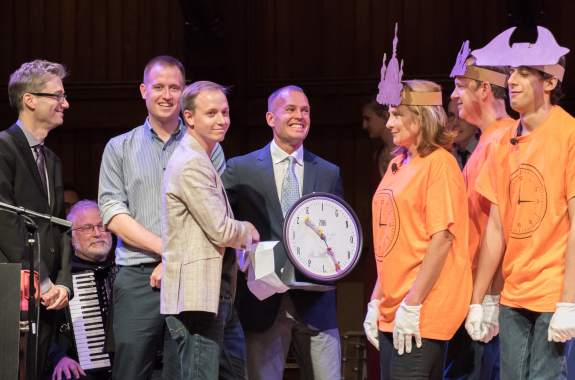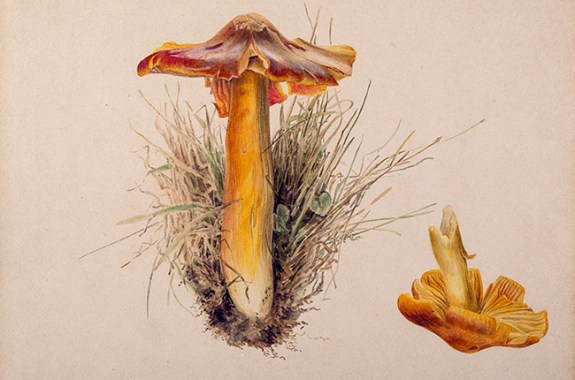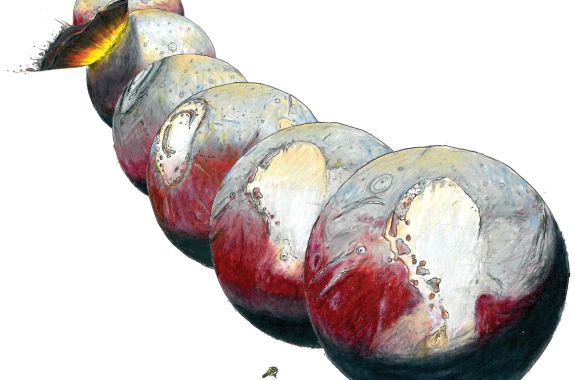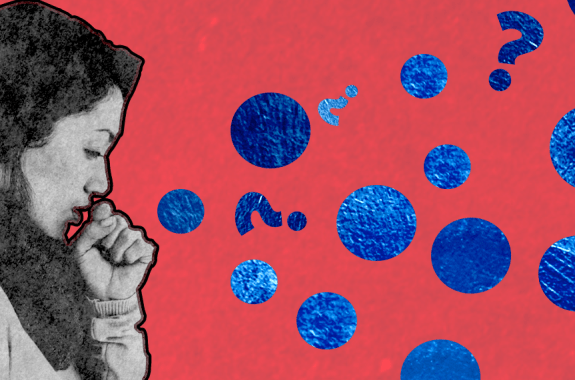11:50
In Indigenous Genes, Evidence Of Colonization’s Plagues
Members of one Canadian Indigenous community have different immune genes than their forebears. Plus, how researchers and Indigenous communities can create more mutually beneficial relationships.
17:25
Skyscraper Bridges, Floating Airports, And A Dome Over Midtown
An alternate history of New York City architecture lives on in “Never Built New York.”
47:35
Celebrating Science With Silliness: The 2016 Ig Nobel Prizes
An annual awards ceremony honors scientific research that first makes you laugh, but then makes you think.
17:11
The Scientific Tale Of Author Beatrix Potter
Outside of Mr. McGregor’s garden and in her own life, Beatrix Potter—author of “The Tale of Peter Rabbit”—had a curious eye for the nature world around her.
6:23
Pluto Rolls Over (the Dwarf Planet, Not the Dog)
In this week’s news roundup, science editor Sophie Bushwick talks about how a massive ice-filled basin may have caused the dwarf planet to tip, and other science stories in the news.
5:52
All the (Fake) News That’s Fit to Share
In the wake of the 2016 elections, social media platforms and online news hubs are trying to put a damper on the viral spread of false information.
17:24
What Causes The Common Cold?
Meet the viruses you have to thank for that stuffy nose.
20:25
Science Goes To The Movies: ‘Arrival’
How would real scientists achieve mutual understanding with an alien race?
20:37
Food Failures: Add A Dash Of Science To Your Thanksgiving Recipes
The science behind roasting a browner bird and sweetening sweet potatoes.
5:08
Mushrooms as Tough as Leather
A San Francisco start-up has developed a fungal material that can sub for leather, wood, and even plastic.







